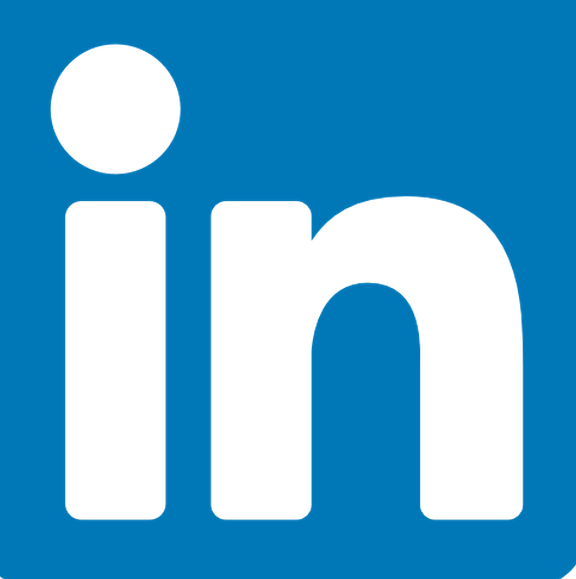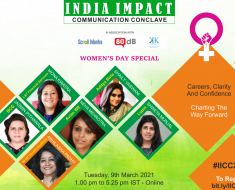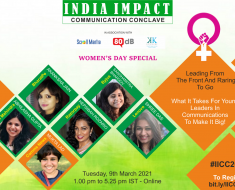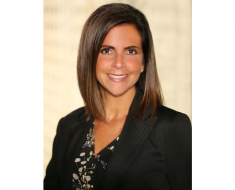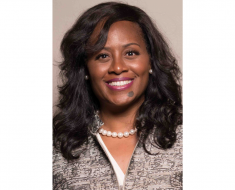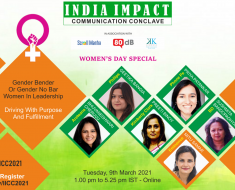On day 3 of Spectra, a reputation management-focused online conference, SHIFT Communications’ Managing Partner Rick Murray spoke at length about the changes in the PR industry and what a post-pandemic world holds in store for the profession. Titled ‘The evolution of storytelling in a digital world’, his talk gave insights on how PR has evolved over the years and is now ‘paid to win, not simply to try’, and the challenges and solutions ahead.
Murray started by recounting how he got into the PR industry ‘purely by accident’ and continued to be a ‘non-PR guy for about 10 years’. During those days, he said, “PR went from being a business that shaped a story (through working with journalists) to actually telling a story by other means. It was more than a 10-year evolution. There were several ways this happened:
1. The world got social
He reminisced about the early days of Orkut, Myspace and blogging which had just 7 million people around the world at the time. He said, “The fascinating thing for us was how a community was building around the world organically, and how we had democratised the right to publish for free. People could engage with others like them, pursue their passions. But this organic nature began to break away with the advent of advertising and pay-per-view.”
2. The world got mobile
“BlackBerry was the ‘thing’ to have in the early days, far from the bulky phones in use at the time,” he says. Blackberrys made smartphones cool, he further recounts. From just email and text, people could now engage with a few apps. The iPhone came in 2007, and then Android followed. The world discovered mobility and had computing in its hands wherever it went. “The world was ‘unchained’ and went from wired to wire-free,” he said.
3. Everything got faster
“The phone market took off, but mobility didn’t match up,” Murray said. People didn’t have the infrastructure to do more than just text or use really simple apps. The telecoms were then invested in 3G, 4G and now there’s 5G. Things became much faster.
4. Everything got cheaper
He elaborated on how “Things got faster and a whole lot more affordable. Today, there is a 200-fold decrease in cost to move data from Point A to B. Most of these cost reductions are passed on to consumers.”
5. We’re using a lot of data
“Over time, our phone plans were adjusted and we also got better phones. Today, we share amazing amounts of data daily,” Murray said.
6. Every day is a new PR
About this, he said, “Every single day now we seek out, consume and share more content than ever before. This is stunning and every day is a new personal record. This has tremendous implications for the PR industry.”
On 2020, a year of unprecedented times
Murray mused on how global economies and businesses were hit by the COVID-19 pandemic, and how the PR industry must be geared to meet the challenges that will spill over into the year 2021. He said, “We have a triple crisis on: a crisis in health, a crisis in economy and a crisis in justice and equity. All three are present around the world and are forcing our decisions about how we go to market, what we do and what we say. The scary thing is that that issues like climate change have fallen off the radar. They are no less important, but the media are not focussing on them at the moment.”
Murray said that the world will see a return to [normalcy] while living with the pandemic that cannot be controlled till there is a vaccine. However, we must go into the year knowing fully well that we cannot put off important business decisions.
On what comes next for PR
He outlined the future course of action for the PR profession thus: “Our clients, whether they thrived during the pandemic or were run out of business, are now asking, ‘Where are we and what do we do next?’ The PR business has not changed in what seems like forever because its core fundamentals remain the same. But it is now faced with a big challenge – of breaking through the clutter to reach, engage and inspire.”
Murray said that PR has never been a numbers-focused profession, but that has now changed forever. The industry now approaches storytelling by fusing analytical and creative thinking into one. Today, people expect personal, relevant messaging. PR’s job is to figure out the hows and whys and to tell the story with data, empathy and passion.
“The earlier PR maxim was ‘We don’t get paid to win, we get paid to try’. This is no longer true, he said. “We do get paid to win today. Data is how we get there, and data is how we get results. Make numbers your friend and you will be on course,” he closed.


